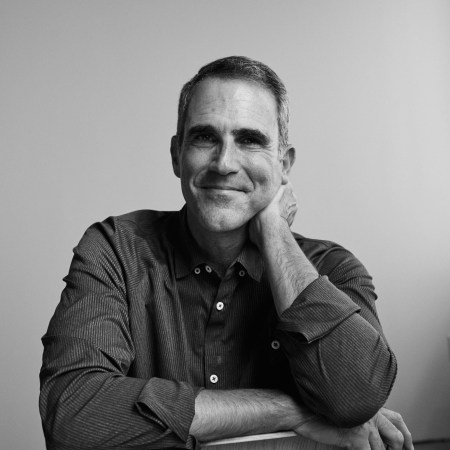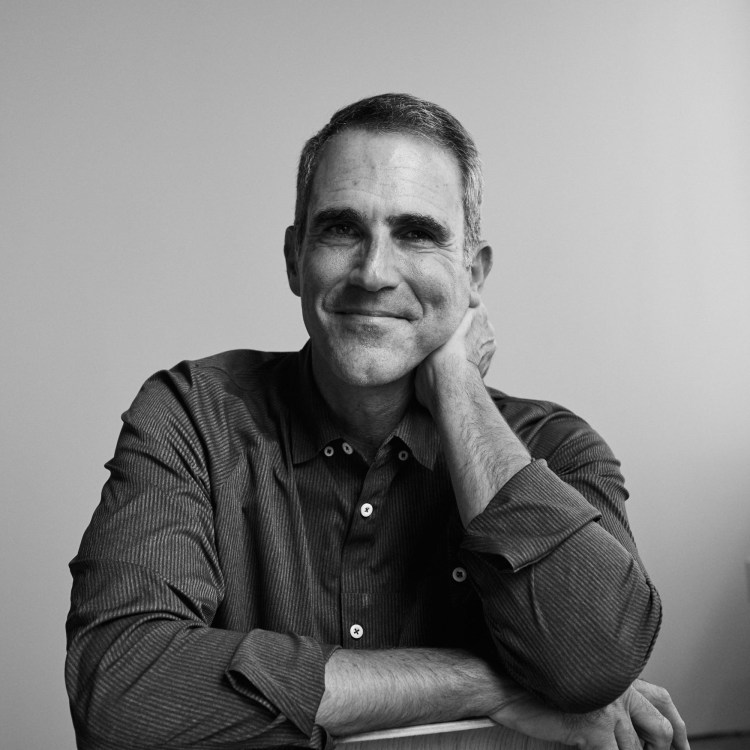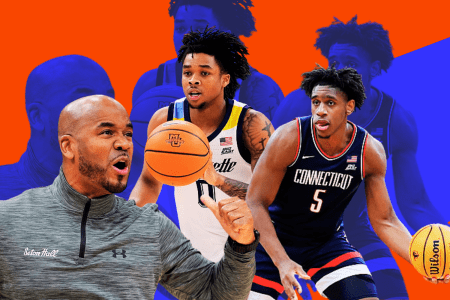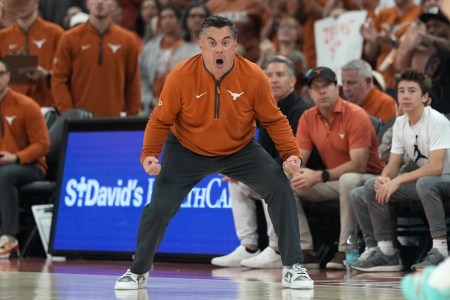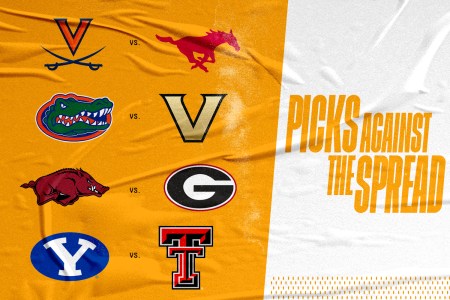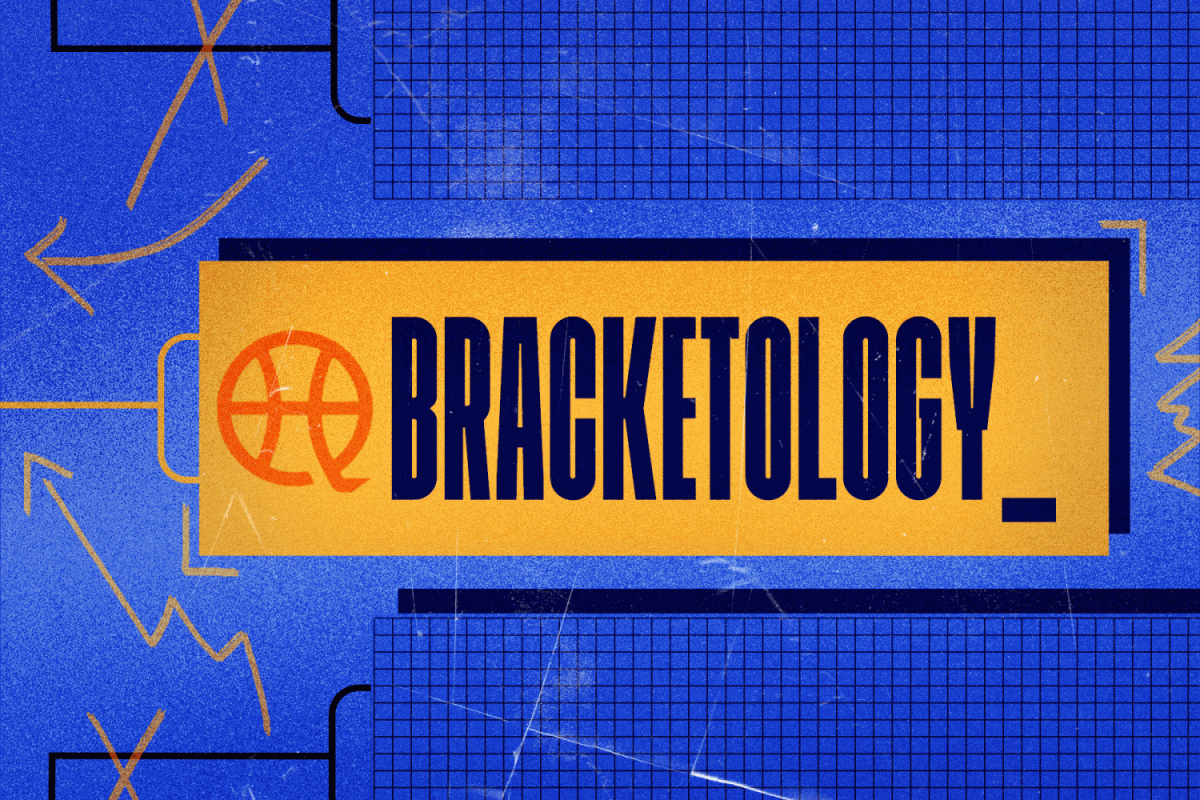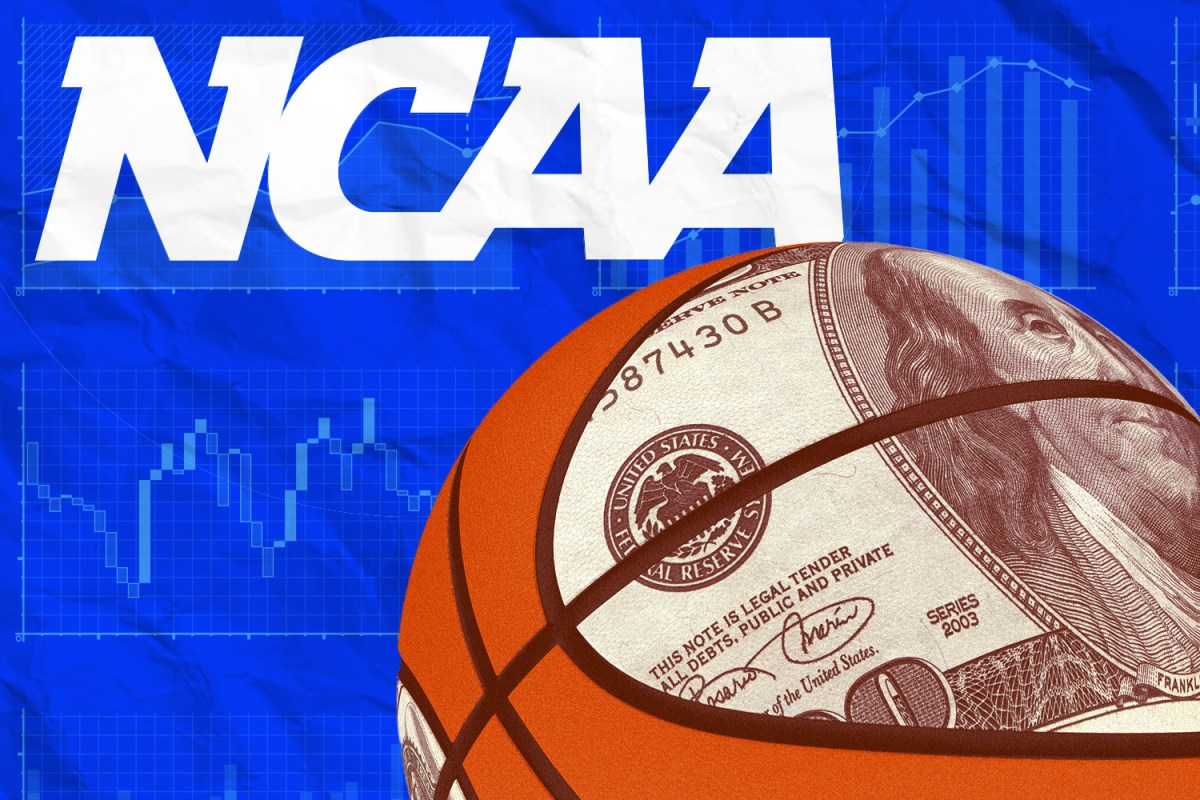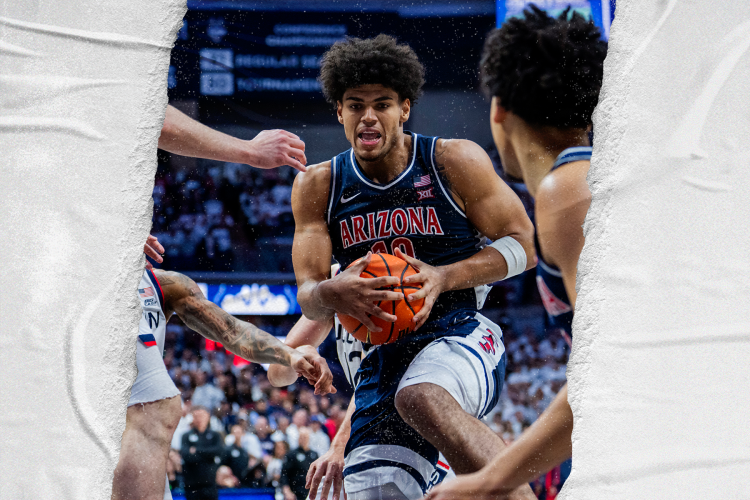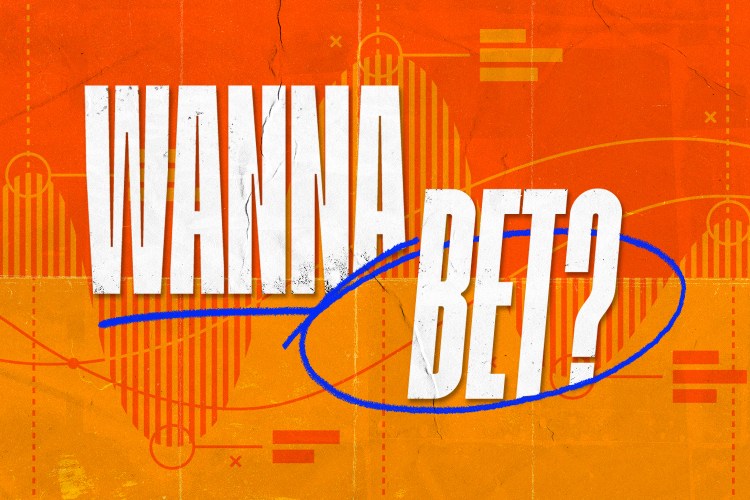When John “Sonny” Vaccaro was a college student at Youngstown State, he spent a summer helping to run events for his home town of Trafford, Pa. In preparation for an annual picnic, Vaccaro brought a friend to his church to ask if he could borrow some chairs and benches. Vaccaro had been an altar boy when he was younger and his family was active in the church. He thought he had a close relationship with the church’s leader, Father Gillen. He was shocked when the priest turned him down.
The reason? Vaccaro’s friend was Protestant.
Vaccaro was appalled and let his feelings be known. After a vigorous debate, he stormed out of the church. Within hours, it seemed the entire town knew about the altercation. Trafford was teeming with Catholic Italian immigrants, including Vaccaro’s parents. Father Gillen was a respected and influential leader whose authority was rarely questioned, especially by someone so young.
When Vaccaro got home that night, his father Natale asked him what happened. “My father didn’t read or write too well,” Vaccaro, 85, said during an hourlong conversation with Hoops HQ last week. He grew emotional as he recounted the rest of the story. “My dad said, ‘You tell the truth. You believe he was wrong?’ I said, ‘Yes, Dad, that wasn’t right.’ And he said, I’ll cry right now. He said, ‘I believe you.’ ”
The episode is seared into Vaccaro’s memory and immortalized in the pages of his new book Legends and Soles: The Memoir of an American Original, which he co-wrote with the veteran author and investigative journalist Armen Keteyian. The book, which was published in February by HarperOne, is a riveting narrative that describes first-hand Vaccaro’s remarkable, quintissentially American journey from a self-described “motormouthed extrovert and disruptor who managed to underachieve academically” to one of the most influential sports marketers of all time, not to mention the person who is arguably most responsible for forcing the NCAA to usher in a new era of revenue sharing and athlete compensation.
Vaccaro’s story has been told so often and in so many forums, it’s hard to keep track. Besides being interviewed thousands of times and chronicled in dozens of books (most prominently in the 1991 book Raw Recruits, which was co-authored by Keteyian and Alexander Wolff), Vaccaro has been the focus of numerous television features and documentaries, including “Sole Man,” an ESPN 30 for 30 production. And of course, he was memorably portrayed by Matt Damon in the 2023 movie “Air,” a dramatic retelling of his pivotal role in convincing Nike to bet its entire marketing budget on a fresh-faced rookie from North Carolina named Michael Jordan.
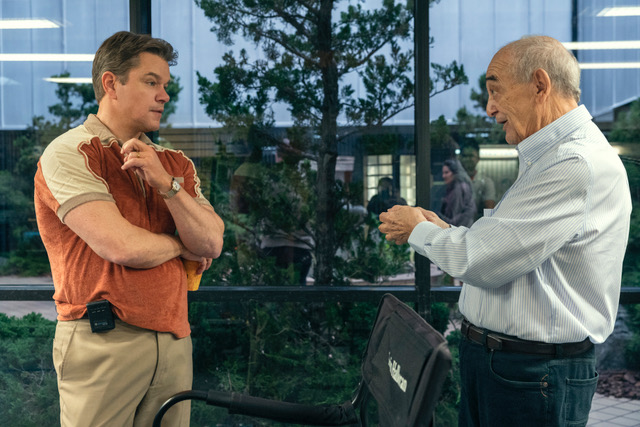
Yet, despite this prodigious mountain of content, Vaccaro still felt he had something to add to his story. “I had to put an ending to it,” he said. “I never could be more proud of what I said in this book. The book allowed me to write about my life. Whenever that day comes that I’m gone, there’ll be something on record for who I was, who I am, and who I hoped and prayed that I would be. My version.”
Vaccaro started working on the book several years before “Air” came out. He set it aside at various junctures and had to fight through many rejections before HarperOne agreed to buy it. Though writing a book can be torturous, Vaccaro has been pleased by the reception, which included an invitation to speak on a panel at the prestigious LA Times Festival of Books on April 27.
After graduating from Youngstown State in 1962, Vaccaro made his early reputation as the first person to produce a national all-star game for high school players. His Roundball Classic debuted in 1964 in Pittsburgh at the Civic Arena. “I’ll never forget the attendance: 10,336. Sold it out!” he writes. He soon got a sponsor, naturally, and renamed the game the Dapper Dan Classic. Vaccaro went on to create the ABCD Camp (that stood for Academic Betterment and Career Development), which drew talented high school players from all over the country.
Vaccaro’s immersion in the grass roots culture earned him an audience with Nike founder Phil Knight, whose fledgling company was having a hard time gaining traction. Vaccaro convinced Knight that instead of spending his money on older NBA endorsers, he should focus on college and high school players. Vaccaro built up Nike’s stable by forging groundbreaking contracts with college coaches that allowed them to be paid for having their players wear the Swoosh on their feet.
As the world knows well by now, Vaccaro changed the course of history in 1984 when he forged the partnership between Nike and Jordan. Though “Air” did a capable job of recreating that story (courtesy of the usual Hollywood embellishments), it is still fascinating to read Vaccaro’s blow-by-blow description in the book. Among many other benefits, the partnership allowed Vaccaro to spend extended time with Jordan during his early years in the NBA. That included a 10-day trip through Europe in the summer of 1990, during which the two card enthusiasts played gin rummy on a trans-Atlantic flight for nine straight hours at $100 a hand. When Jordan won his first title with the Bulls in 1991, he signed his sneakers, handed them to a Nike colleague and said, “Make sure you get these to Sonny.”
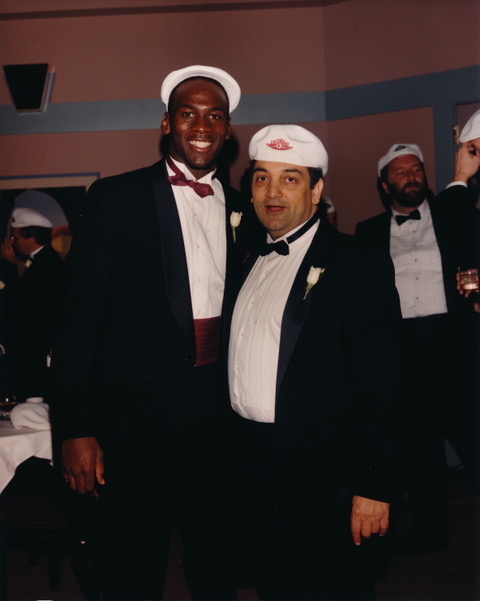
Vaccaro writes of the shock he felt when Knight fired him in 1992. Two years later, after a chance encounter in an elevator in Paris, during which Knight did not say a word, Vaccaro suffered a frightening episode of Transient Global Amnesia. That prompted his wife Pam to join him in his businesses full-time as he continued to run the ABCD Camp, among other ventures. By that time, Vaccaro had latched on with Adidas and went on to strike a huge blow against his former employer when he convinced Kobe Bryant to sign with Adidas in 1996. Vaccaro came within a whisker of doing the same with a young LeBron James, but when Adidas proposed a deal for less than what Vaccaro had promised, James signed with Nike and Vaccaro resigned. (Adidas’ willingness to risk blowing up that deal over a measly $30 million may go down as the worst negotiation tactic in the history of business.)
Along the way, some of Vaccaro’s most important relationships became frayed, even ruptured. That included not only Knight but also former Iowa and USC coach George Raveling, a close mentor of Jordan’s who once stood as Best Man at Vaccaro’s wedding. The two had a falling out in the mid-nineties and Vaccaro spent several pages towards the end of his book criticizing Raveling in strikingly personal terms. He rebutted point by point a 2015 USA Today story detailing how Raveling, Knight and Jordan were telling an alternative version of events that diminished Vaccaro’s role in how the Nike-Jordan marriage came about.
That article started Vaccaro thinking that he would need to get his version on paper once and for all. “One reason I wrote the book is because many people denied what I’ve done in my life,” he said. “I don’t believe in this book I was ever mean. I didn’t make up things. I said what I believe and will go to the death knowing it was the truth.”

Vaccaro does not hold the same disdain for Jordan as he does for Knight and Raveling, but he acknowledged that he and Jordan are not in touch. “I haven’t seen Michael in years,” he said. “I’m disappointed that he sees another (side to the) situation here, which is completely false. … If the three of them walked into a room, I would be nice, I hope I would say hello, but I don’t think we’d go to dinner after that. I wouldn’t go. It’s sadder than sad to me.”
On the other hand, Vaccaro established longlasting friendships along the way with thousands of players and their families. “The best thing that ever happened to me was being involved with these kids,” he said. He became increasingly frustrated by the NCAA’s refusal to allow those athletes to benefit from the ballooning revenue their games were generating. For Vaccaro, the refrain of “they’re amateurs” echoed Father Gillen’s “he’s Protestant,” and sparked the same righteous indignation.
Never one to shy away from a good fight, Vaccaro launched a crusade to slay the very monster he helped build. Vaccaro traveled to dozens of college campuses, where he repeatedly eviscerated what he viewed as the NCAA’s hypocritical ways. A close friend and prominent basketball agent named Rob Ades put Vaccaro in touch with attorney Kenneth Feinberg, who agreed to help him put together a class action lawsuit. The only thing they lacked was a lead plaintiff. After many phone calls (and rejections), Vaccaro rang up former UCLA forward Ed O’Bannon, who was the Most Oustanding Player at the 1995 Final Four. As it happened, just a few days beforehand O’Bannon had seen himself depicted in a video game and felt incensed that he was not asked for permission to use his likeness, much less compensated for it. After some cajolling, O’Brannon agreed to lend his name to the cause.
“I never could be more proud of what I said in this book. The book allowed me to write about my life.”
-Sonny Vaccaro
It took seven years for O’Bannon v. NCAA to wind its way through the legal system, but on July 1, 2021, the U.S. Supreme Court ruled 9-0 to uphold Judge Claudia Wilken’s ruling that the NCAA was in violation of the Sherman Antitrust Act of 1890. That opened the flood gates to allow players to be paid for the use of their Name, Image and Likeness. It also paved the way for other antitrust cases, most prominently House v. NCAA, which is on the verge of potentially being settled in that same courtroom, to make college athletics a truly professional business.
Vaccaro is immensely gratified that all of this is coming to fruition. He is also experiencing a healthy dose of schadenfreude at the chaos these changes are imposing on the same people who disparaged him for decades. “It could not be more fitting and more satisfying to me in a sick way,” Vaccaro said. “I wish I didn’t have to say this. I’m the happiest guy in the world. You know why? Because they could have stopped this.”
Though Vaccaro nurses the usual aches, pains and ailments that octogenarians typically deal with, he is for the most part healthy, happy and still full of piss and vinegar. He spends his days mostly reading, fielding calls, and reminiscing with friends about old times while still trying to shape a better future. The book allowed him to have his say (again), but it won’t be his final word. Nor is it his ending. It’s just another chapter, really, in one of the greatest stories ever told.
“I still fight the good fight,” Vaccaro said. “People will see ‘Air’ a thousand times, but the book will last, because books last. … This is the most improbable life anybody has ever led. I never believed I couldn’t do anything or I wouldn’t have done it.”
